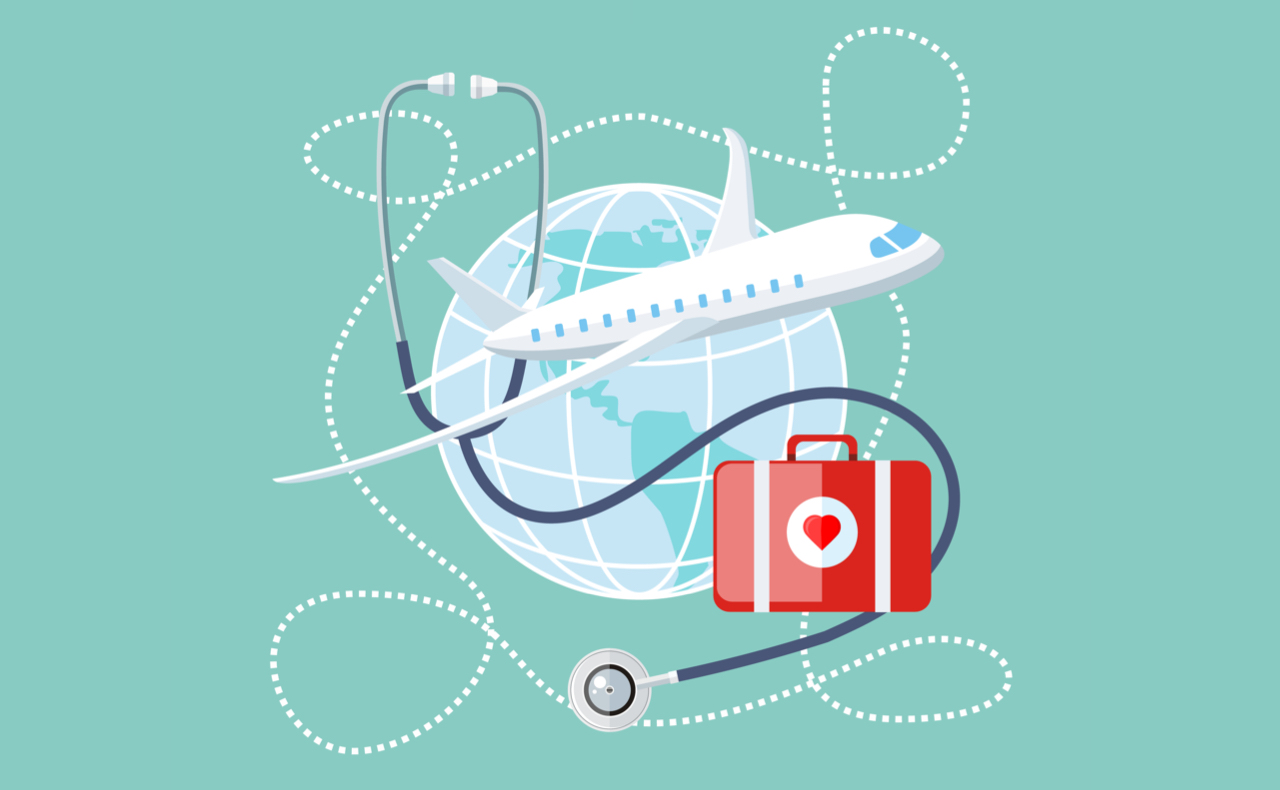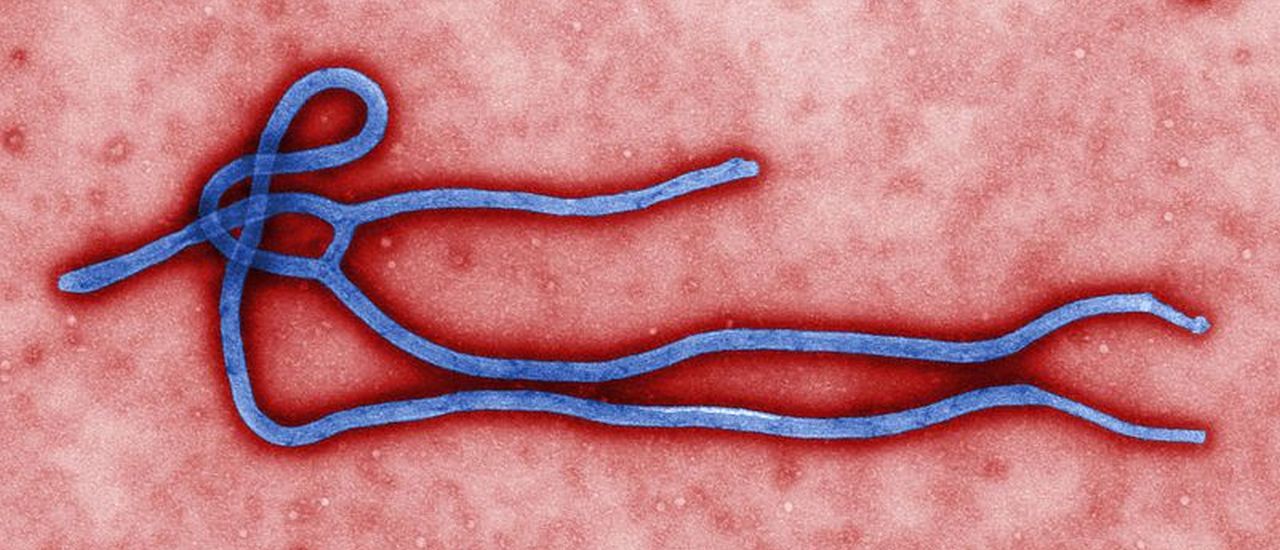Whether you are traveling for business or pleasure, these 5 bugs can ruin both. So, if you don’t want to spend you trip staring at the hotel or hospital ceiling, pack your first aid kit and these top tips!
Common travel illnesses:
Travel flu
There you are on your cruise and you come down with the flu – not ideal, but very common in a different country. And you don’t have to be surrounded by sick people to pick up a nasty bug: your immune system may be geared up for home, but foreign bugs often require a different immune system to ward off.
Before you set off on your trip, then, check the flu activity levels at your destination. Make sure you’re up to date with your vaccine. Wash your hands regularly, use hand sanitiser as a back-up, and disinfect your utensils before use. It’s a good idea to pack your antiviral medication as you may not be able to get flu meds over the counter. If you are unlucky enough to come down with the flu while travelling, the best treatment is bedrest and fluids. Don’t try to ‘push through’: it will only make things worse, downgrading you from that 4-star resort to a 3-bed hospital ward.
Diarrhoea
This common condition, typically brought on by new food, drink or a dodgy water supply in the country you’re visiting. High-risk destinations include Asia, the Middle East, parts of Africa – but really, you can get it in a fancy five-star restaurant too. It all boils down to contaminated water and food.
To prevent diarrhoea, avoid raw fruit and vegetables, be circumspect about eating street food, and drink bottled water only. In countries that advise against tap water, it is also a good idea to avoid ice in your drinks – as the ice is often not made from filtered water. To prepare for the worst, pack your trusted diarrhoea medication, and book the room with a toilet seat warmer – just in case.
Yellow fever
Yellow fever is a viral disease transmitted mainly by mosquitoes. It can lead to serious illness and even death. It’s called “yellow fever” because in some serious cases the skin turns yellow (jaundice).
Avoid this dangerous infection by getting vaccinated. The vaccine is safe and highly effective and immunity occurs within a week in 95% of people. This immunity lasts for a minimum of 10 years. Always check if your destination is a high-risk area and get jabbed in time!
Malaria
More mosquito madness – malaria is a well-known health issue, especially for us in Africa, and it can also be life-threatening. It’s transmitted to humans through the bite of a female Anopheles mosquito. Once you’re bitten by an infected mosquito, the parasites multiply and begin to destroy your red blood cells. Symptoms include shivering, fever, headaches, vomitting and fatigue.
Unfortunately, there’s no malaria vaccine yet, and the best protection is to not get bitten. Stock up on anti-malarial medication before you leave, lather up on the mosquito repellant and wear long-sleeved clothing. If your accommodation doesn’t include mosquito nets, be sure to pack one to drape over your bed.
Ebola virus
This rare disease is spread through direct contact with blood or body fluids of an infected person, and can cause the infected person to bleed out of multiple orifices. You can also get it from contact with a contaminated object or an infected animal.
If you’re going on a safari trip, or anywhere where you plan on contact with animals (monkeys, chimpanzees and gorillas), it’s a good idea to chat to your doctor about your risk. There’s no vaccine for Ebola yet, so take precautions to not handle items that may have been infected. Don’t eat or handle raw or undercooked meat or any bush meat, and make sure you wash your hands regularly.











